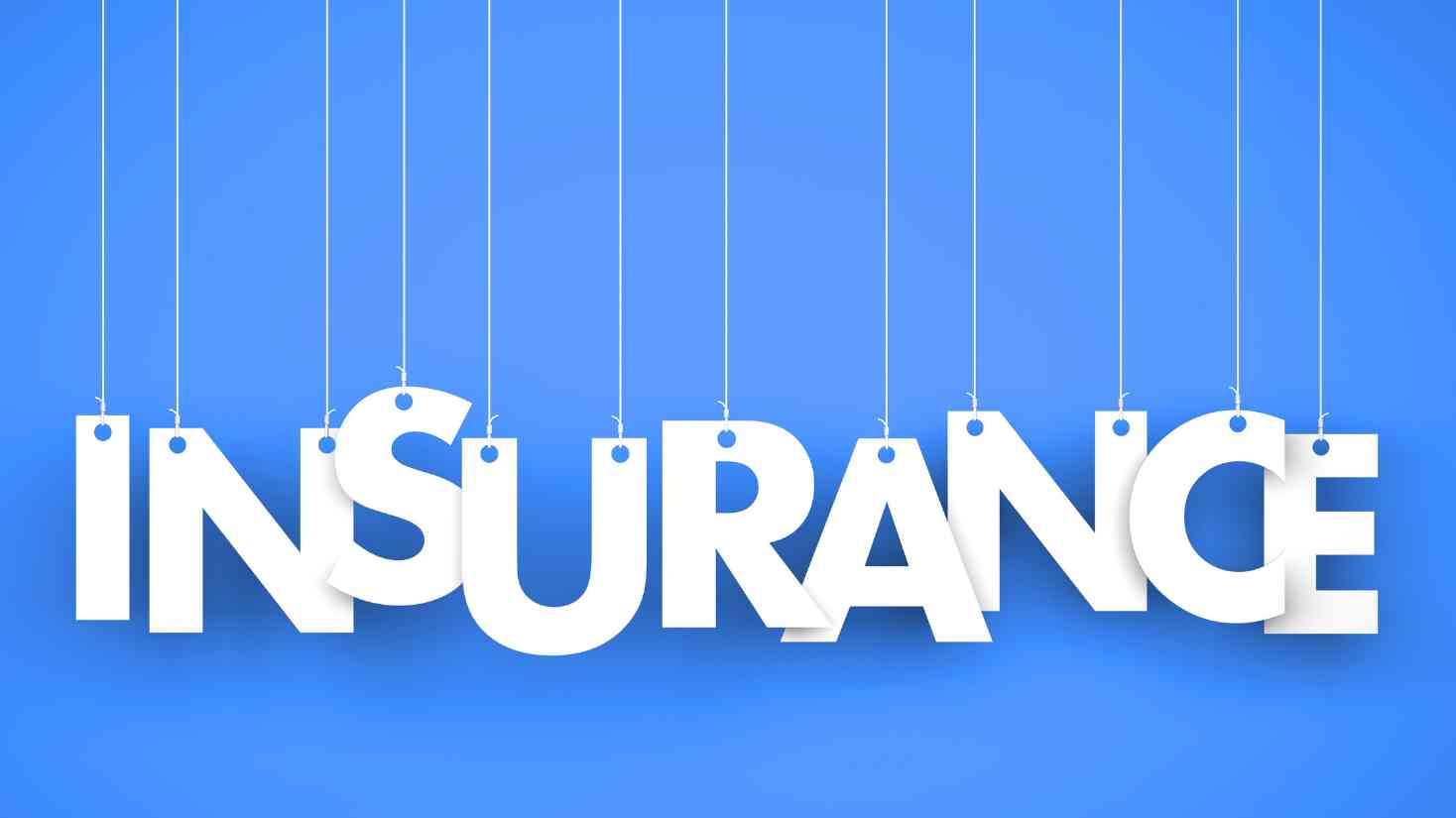Published on the 2nd July 2025
What Does Excess Mean In Insurance?
Reading Time: 5 min read

Searching for insurance policies to protect the important people and possessions in your life can seem like a time-consuming process.
With the amount of information there is to absorb about different types of insurance and varying levels of coverage, it can take a lot of work to find the right policy for your individual situation.
The good news is that many consumers feel positive about the insurance policies they invest in. The latest research shows that there is an annual 7% growth in customers believing that insurers understand their needs and deliver suitable products and services.
For some, the terms involved in an insurance policy sound familiar, but the specific meaning may be unclear. This is often the case with the word ‘excess’ when it comes to insurance premiums.
In this article, we explain what insurance is and explore what excess means in insurance to help you feel confident about your next insurance policy choice.

Contents
- What does excess mean in insurance?
- What is the difference between compulsory and voluntary excess?
- How does excess affect insurance claims?
- Secure the right insurance for your needs with GasanMamo.
What does excess mean in insurance?
Insurance excess is the amount you have consented to pay on every insurance claim you make. Typically, this is a pre-agreed amount that is written into your insurance policy contract.
An insurance claim is a request you make to your insurer for compensation or repair following a covered event. For example, if you have home insurance and water starts leaking through your roof, you may file a claim to cover the damage.
Similarly, with motor insurance, you might submit a claim after a car accident to cover the cost of repairing your vehicle. If your claim is covered within your active insurance policy, then you will usually receive compensation.
With an excess on your insurance premium, you will generally be asked to pay that amount towards the claim costs and the insurance company covers the rest – as long as the claim is approved.
What is the difference between compulsory and voluntary excess?
There are two main types of insurance policy excess: compulsory and voluntary excess.
1. Compulsory excess
Compulsory excess is the amount set by the insurer that you will pay towards an insurance claim. A compulsory excess is defined by your insurer in your insurance policy contract and this does not usually change during the lifespan of the policy.
Compulsory excess example: if you have a home insurance claim of €1,000 and your compulsory excess is 200 euros, you pay this amount and then the insurer will pay €800 euros towards the claim.
Notably, compulsory excess may vary depending on the circumstances of the claim. Claiming for flood damage will possibly have a different compulsory excess than the theft of an item or an issue with door locks.
It’s always a good idea to check with your insurance provider so that you can be sure of the compulsory excess amount in your policy.
2. Voluntary excess
Voluntary excess can be set within many different types of insurance premium, such as travel or home insurance. A voluntary excess is an amount you can agree to pay on top of compulsory excess when you take out your insurance policy.
You might want to have a voluntary excess as this may reduce the cost of your overall insurance premium since in return the insurer will award a discount. Your insurer also has to agree to this voluntary excess amount.
Voluntary excess example: increase your voluntary excess from €0 to €600 euros to potentially make your policy more reasonable. However, if you make a claim you will pay the first €600 euros of voluntary excess towards the total claim cost.
How does excess affect insurance claims?
The excess amount you choose may impact the total cost of your insurance policy. As an illustration, if you pay a higher excess, then your overall insurance premium may be lower. If you choose to have a lower excess, then the total insurance policy may cost you more.
If you have an insurance excess, you will likely be asked to pay this at the beginning of a claims process. If the overall cost of your repairs is lower than the excess, you won’t be able to make an insurance claim.
Secure the right insurance for your needs with GasanMamo
With a wide range of insurance policies available – from home and business to travel and health – we are Malta’s leading insurance specialists. We work closely with you to ensure you gain the best insurance coverage for your needs.
Discover more details about our extensive range of insurance policies or get in touch with our team for a chat.
GasanMamo Insurance is authorised under the Insurance Business Act and regulated by the MFSA.
Photo © by Palto from Getty Images.